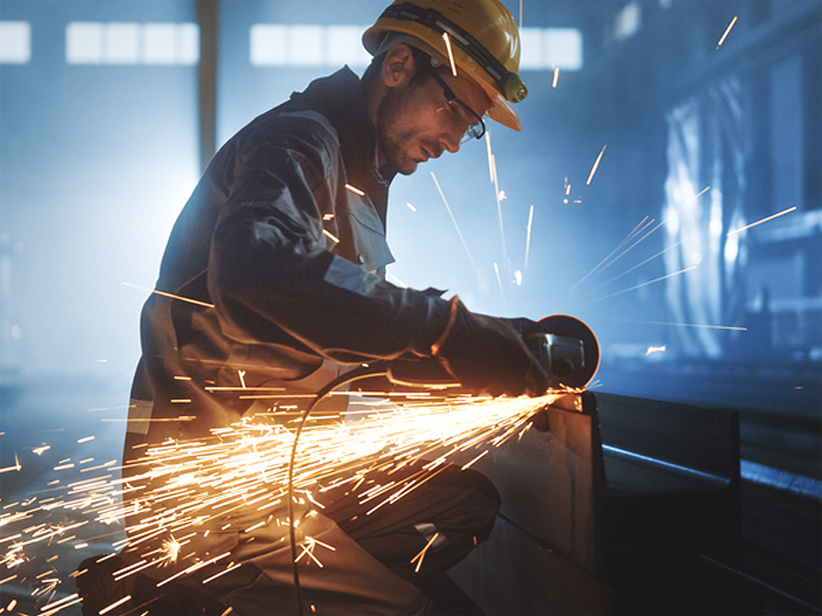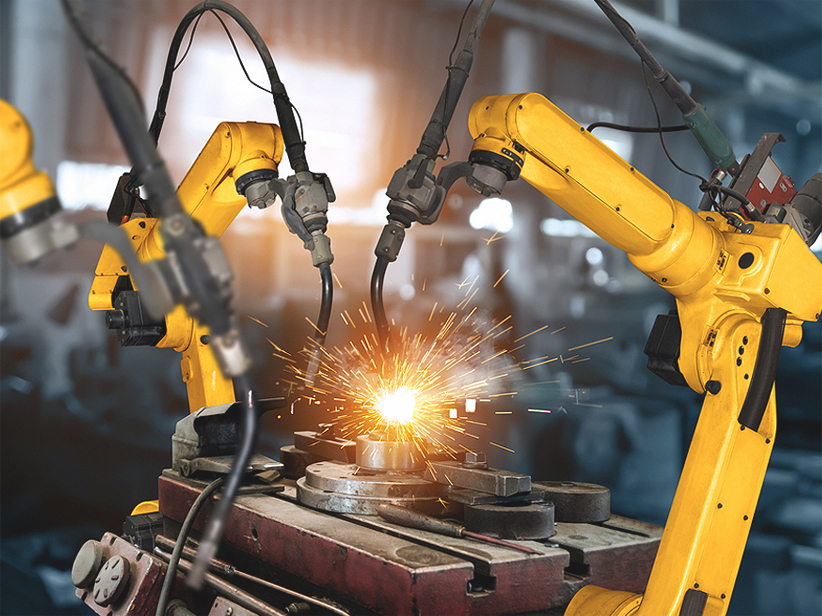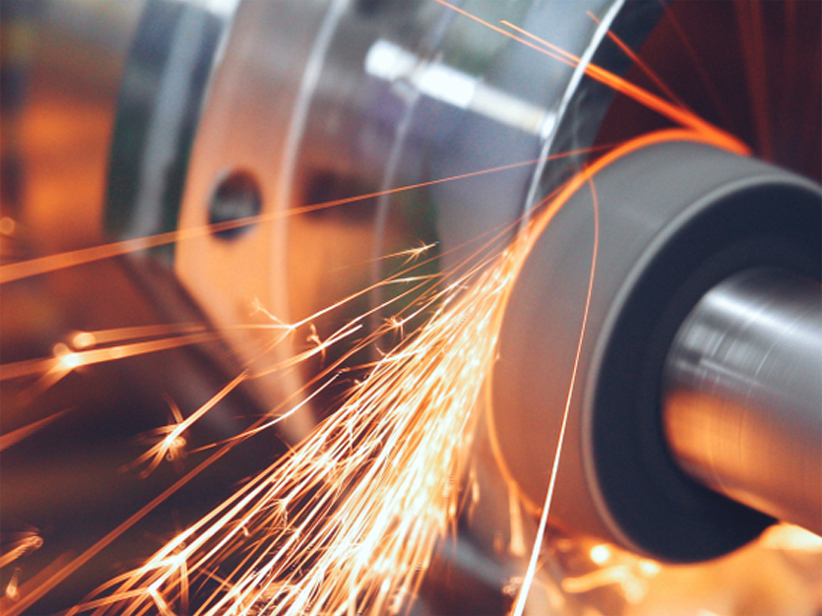Stainless Steel - Grade 718/2.4668 (UNS N07718)
Description
Inconel 718/2.4668 (UNS N07718) is a nickel-chromium alloy known for its high strength, corrosion resistance, and excellent mechanical properties at elevated temperatures. It is a precipitation-hardenable superalloy that can maintain its properties in extreme environments, making it ideal for high-temperature applications. This alloy is particularly notable for its ability to withstand creep, fatigue, and oxidation, which makes it a preferred choice in industries such as aerospace, power generation, and oil and gas. The DIN designation for Inconel 718 is 2.4668.
Chemical Composition
The chemical composition of Alloy 625 is as follows:
- Nickel (Ni): 50.0 - 55.0%
- Chromium (Cr): 17.0 - 21.0%
- Iron (Fe): Balance
- Molybdenum (Mo): 2.8 - 3.3%
- Niobium + Tantalum (Nb+Ta): 4.75 - 5.5%
- Titanium (Ti): 0.65 - 1.15%
- Aluminum (Al): 0.2 - 0.8%
- Cobalt (Co): ≤ 1.0%
- Manganese (Mn): ≤ 0.35%
- Silicon (Si): ≤ 0.35%
- Carbon (C): ≤ 0.08%
- Phosphorus (P): ≤ 0.015%
- Sulfur (S): ≤ 0.015%
- Copper (Cu): ≤ 0.3%
- Boron (B): ≤ 0.006%
Mechanical Properties
- Tensile Strength: 1,275 MPa (min)
- Yield Strength (0.2% offset): 1,035 MPa (min)
- Elongation: 12% (min)
- Hardness: 331 HB (max)
- Creep Rupture Strength: 725 MPa at 650°C
Thermal & Physical Properties
- Density: 8.19 g/cm³
- Melting Range: 1,260 - 1,325°C
- Thermal Conductivity: 11.4 W/m•K at 20°C
- Coefficient of Thermal Expansion: 13.0 x 10⁻⁶ /°C (20 - 1000°C)
- Specific Heat Capacity:435 J/kg•K at 20°C
- Electrical Resistivity:1.29 µΩ•m at 20°C
Other Designations
- DIN:2.4668
- UNS: N07718
- ASTM : B637, B670
- AMS: 5662, 5663
Fabrication and Heat Treatment
Fabrication:
- Formability: Inconel 718 can be readily formed using conventional techniques.
- Weldability: Exhibits good weldability, suitable for welding by all common methods including TIG, MIG, and resistance welding.
- Machinability: The alloy is difficult to machine, and it requires the use of carbide-tipped tools and low cutting speeds.
Heat Treatment:
- Solution Annealing: Heat to 980°C - 1,050°C and air cool.
- Aging Treatment: Typically aged at 720°C for 8 hours, followed by furnace cooling at 50°C/hour to 620°C, held for 8 hours, and air-cooled.
Applications
- Aerospace: Jet engines, turbine blades, and other components exposed to high temperatures and pressures.
- Power Generation: Gas turbines, steam turbines, and nuclear reactors.
- Oil & Gas: Downhole tools, valves, and other components used in harsh environments.
- Automotive: High-performance engine parts.
- Chemical Processing: Equipment exposed to corrosive environments at elevated temperatures.
Supplied Forms
- Round Bars
- Flat Bars
- Square Bars
- Hexagonal Bars
- Forged Bars
Features
- High Strength: Maintains strength at elevated temperatures up to 700°C.
- Corrosion Resistance: Excellent resistance to oxidation and corrosion, particularly in environments containing acids and corrosive gases.
- Fatigue and Creep Resistance: Exceptional resistance to creep and fatigue, making it ideal for cyclic loading applications.
- Good Weldability: Can be welded using standard welding techniques without the need for post-weld heat treatment.






